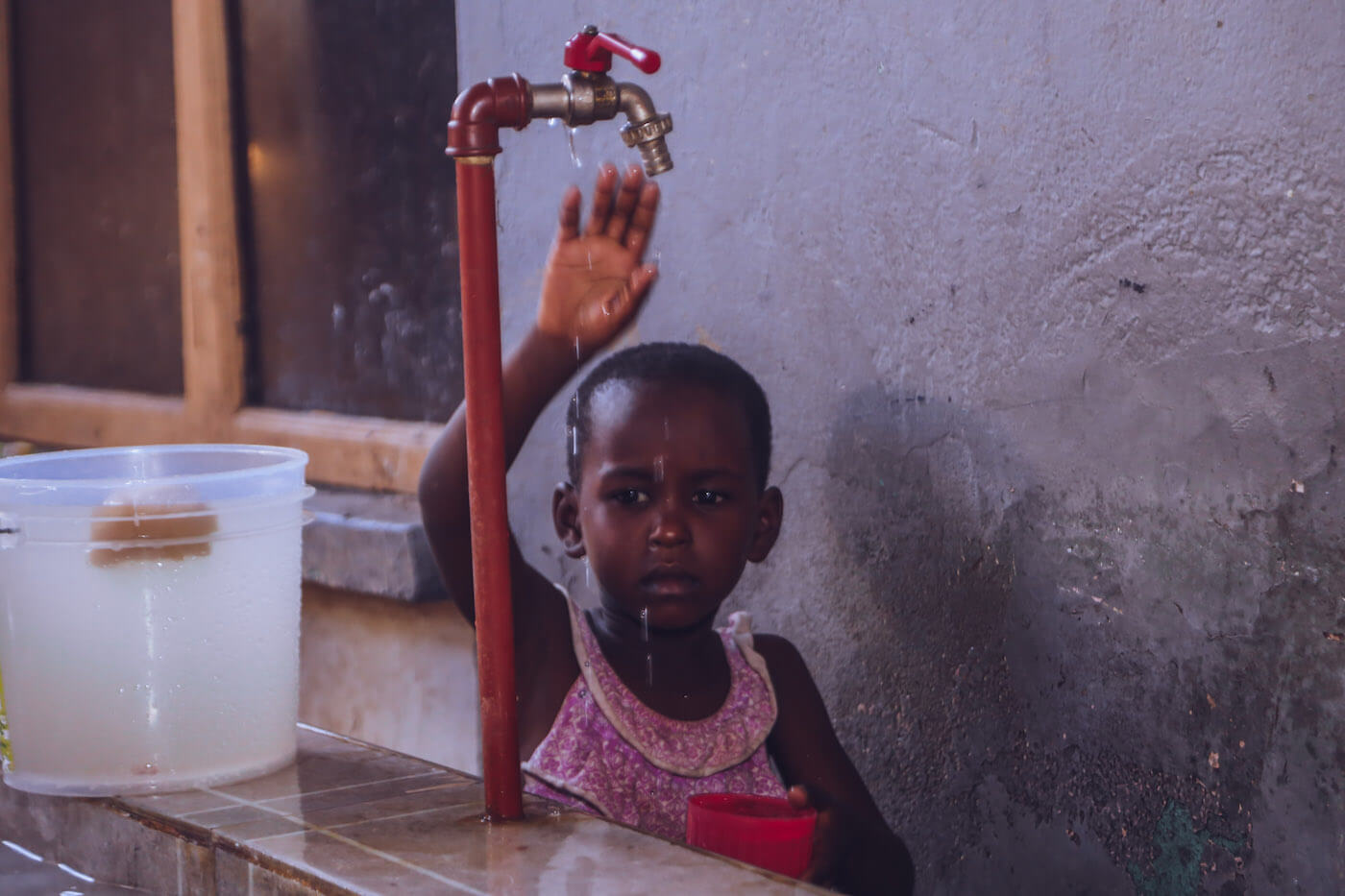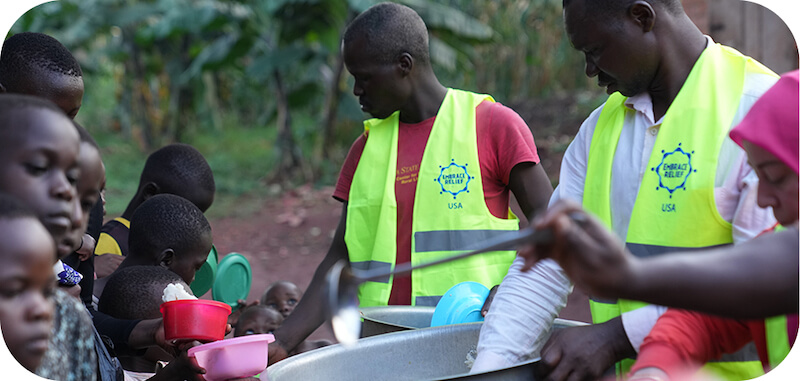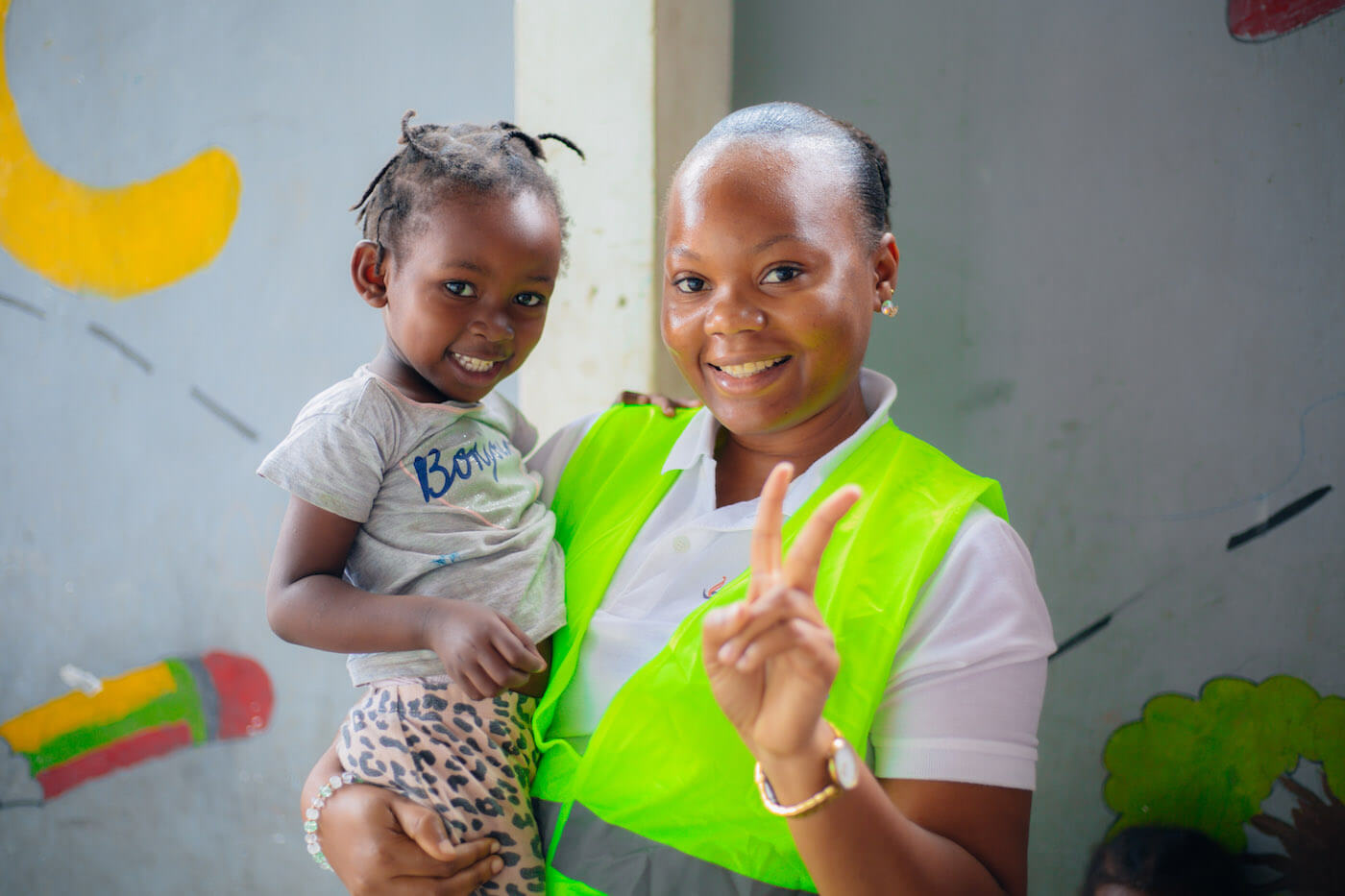Summary
- Many underdeveloped regions, especially in rural areas, lack access to clean water, leading to widespread poverty and health issues. Orphaned children, living in overcrowded orphanages, are particularly vulnerable due to this lack of basic necessities like clean water and education.
- The majority of orphaned children live in underdeveloped nations like Sub-Saharan Africa and Latin America.
- Contaminated water leads to severe health risks like cholera and typhoid for orphaned children. Frequent illness prevents them from accessing education, proper nutrition, and emotional care, severely impacting their development and future opportunities.
- Embrace Relief provides clean water to orphanages in countries like Indonesia, Congo, and Tanzania, improving the health, hygiene, and educational prospects of orphaned children.
The Problem of Accessing Clean Water in Underdeveloped Countries
In many underdeveloped and developing countries, access to clean water is a daily struggle. This issue is most severe in rural areas and urban slums, where infrastructure is lacking, and natural water sources are often contaminated. Without proper sanitation, communities are forced to rely on unsafe water for drinking, cooking, and bathing.
This lack of clean water contributes to a cycle of poverty and poor health, making it difficult for children, in particular, to thrive. Orphaned children, who often live in overcrowded, underfunded orphanages, are among the most vulnerable to the harmful effects of contaminated water. Children’s place in society is often undermined by lack of access to basic necessities, including clean water and education.
Orphaned Children: A Majority Live in Underdeveloped Countries
Orphaned children are disproportionately affected by the clean water crisis, especially in underdeveloped nations. Regions like Sub-Saharan Africa, South Asia, and Latin America. These are areas where access to clean water is already limited, and resources in orphanages are often overstretched.
Orphanages in these regions are typically overcrowded and underfunded, leaving little room for addressing the water crisis. The lack of access to clean water in these facilities exacerbates health problems and prevents children from growing up in safe, healthy environments. This negatively affects their early childhood education, and development, limiting access to education programs that could improve their futures.
The Consequences of Unclean Water for Orphaned Children: Disease and Suffering
For orphaned children, the consequences of drinking or using contaminated water are dire. Unclean water is a breeding ground for waterborne diseases such as cholera, typhoid, dysentery, and diarrhea. These diseases are especially dangerous for children, whose immune systems are still developing.
In orphanages with limited medical resources, these illnesses can quickly spread, leading to outbreaks that are difficult to control. When children fall sick, they miss out on education, proper nutrition, and emotional care, further impacting their early childhood development. The lack of clean water in orphanages also highlights the need for orphan true stories of survival and resilience, as these children battle against preventable diseases. Moreover, the poor living conditions and lack of education due to frequent illnesses prevent children from reaching their full potential.

The Benefits of Clean Water for Orphaned Children
Access to clean water has transformative benefits for orphaned children and the institutions that care for them. Clean water ensures better health by reducing the risk of waterborne diseases, which in turn leads to fewer medical emergencies and hospital visits. Healthy children can attend school regularly, receive proper nutrition, and participate in the social activities that are essential for their emotional well-being.
Additionally, clean water supports proper hygiene and sanitation practices in orphanages. With access to clean water, children can bathe regularly, keep their living spaces clean, and prevent the spread of infections. This contributes to a more dignified and healthier environment, where children can grow, learn, and play in safety. Furthermore, clean water in orphanages supports early childhood education and education programs, giving children the opportunity to focus on learning and development rather than battling preventable illnesses.
How Embrace Relief Provides Clean Water in Orphanages
Embrace Relief, as part of its Orphan Care Program , has recognized the critical need for clean water in orphanages, particularly in countries where orphaned children are at high risk due to a lack of resources. Through its Clean Water Initiative, Embrace Relief has provided clean and sustainable water sources to orphanages in Indonesia, Congo, Colombia, Ghana, and Tanzania. This not only addresses the basic needs for orphans but also improves medical insurance for orphans by reducing their health risks.
In places like Ghana and Tanzania, where water scarcity and contamination are particularly severe, these water projects have been lifesaving. By ensuring access to clean water, Embrace Relief has helped orphaned children avoid preventable diseases, attend school regularly, and live with dignity. Access to clean water also allows orphanages to focus more on providing education and early childhood development, creating brighter futures for these vulnerable children.
Clean water is a basic human right, and no child should suffer from preventable diseases caused by unsafe drinking water. Embrace Relief’s efforts in providing clean water to orphanages in Indonesia, Congo, Colombia, Ghana, and Tanzania have transformed the lives of countless children, but more still needs to be done.
You can make a difference today by supporting the Embrace Relief Orphan Care Program. With your donation, more orphanages can receive clean water, and more children can live healthier, happier lives. Whether it’s funding a new well or supporting existing water projects, your contribution will have a lasting impact on the poor education situation many orphans face due to health issues.
Join Embrace Relief in their mission to provide clean water, education, and hope to orphaned children worldwide. Every drop of clean water brings a chance for a brighter future.
Donate today to the Orphan Care Program and change an orphaned child’s life forever!
Donate For Ramadan Children’s Fund
Embrace Relief aims to provide 550 orphaned children with daily iftar and suhoor meals during Ramadan 2025.






















